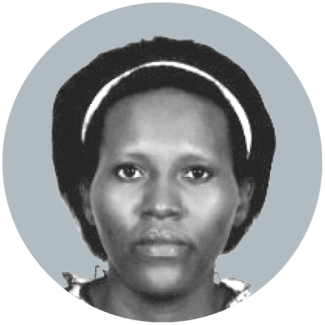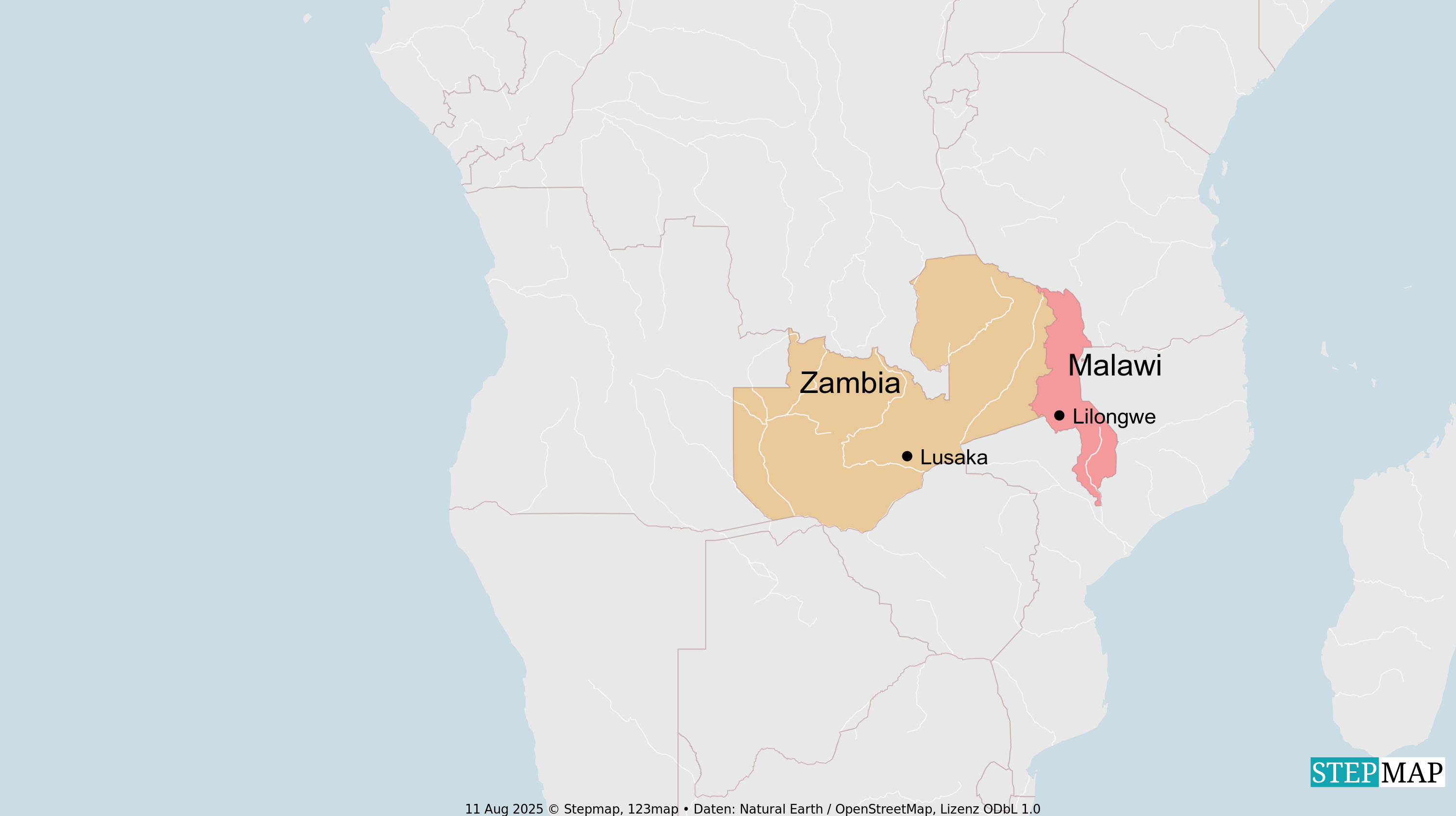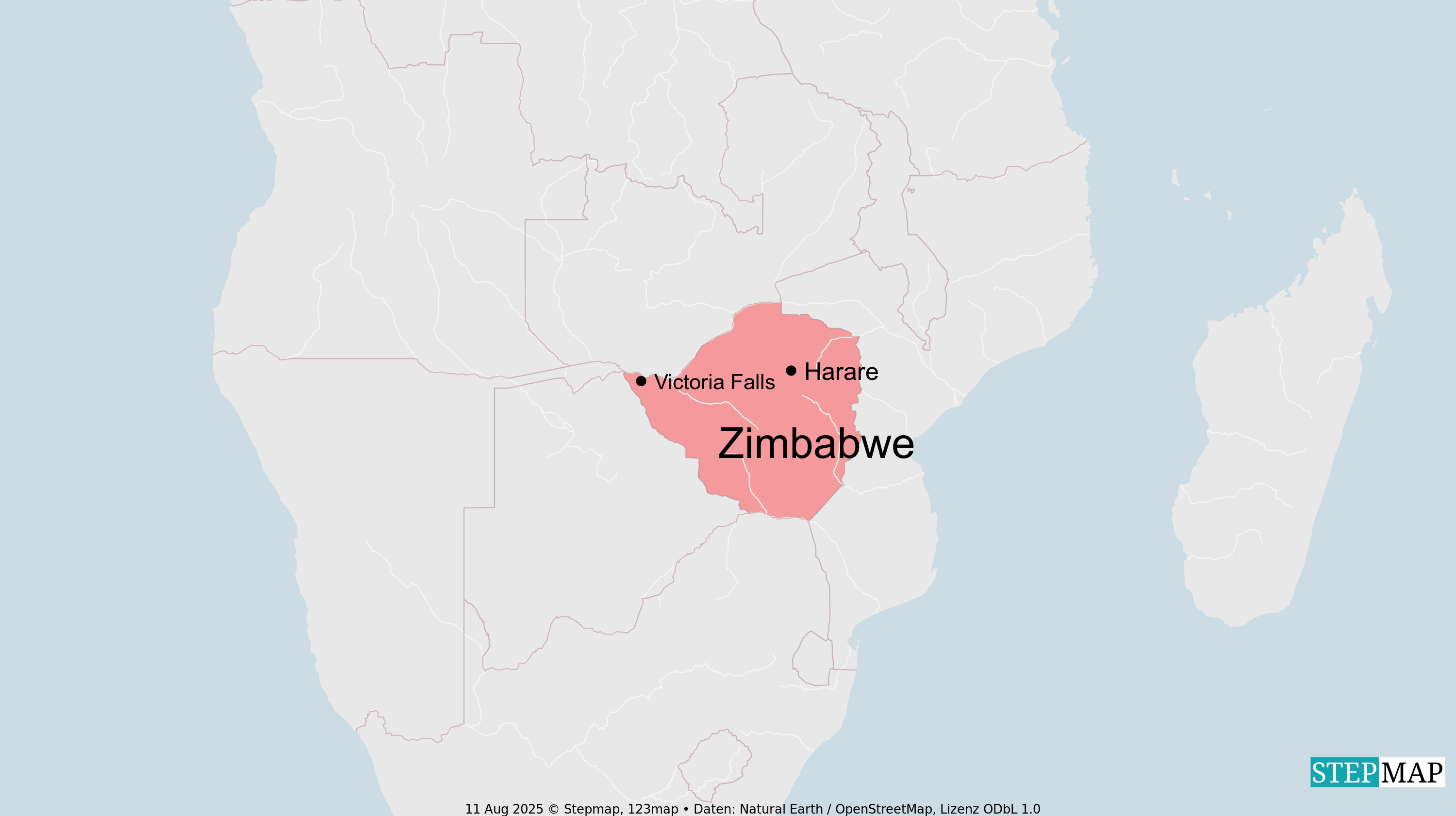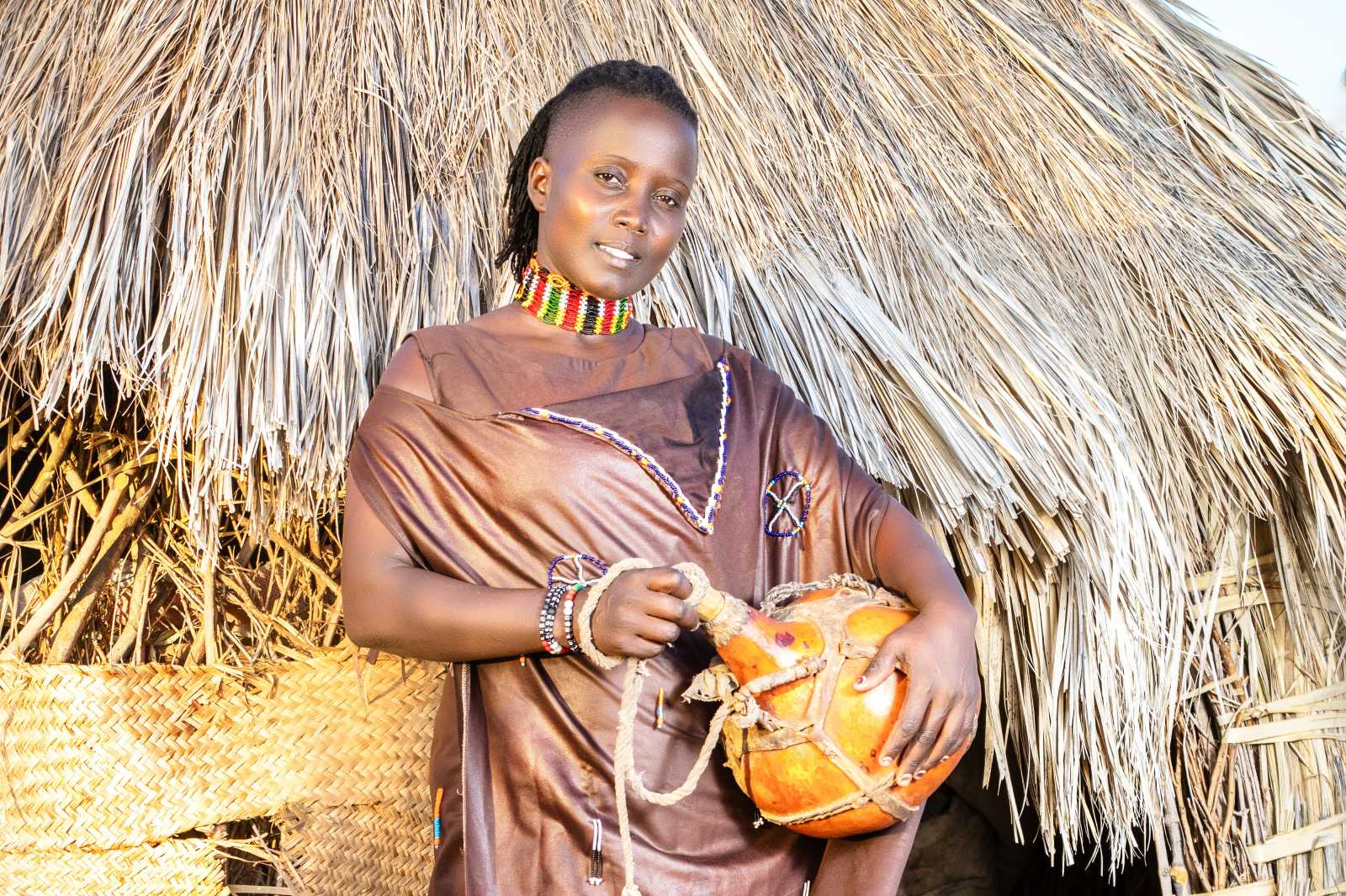Nature reserves
Burundi’s struggling tourism: Parks and reserves under threat
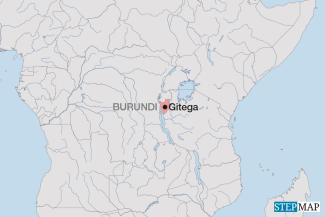
Burundi has several parks and nature reserves. There is the Ruvubu National Park, which covers 50,800 hectares. It extends over 4 provinces: Muyinga, Cankuzo, Karusi and Ruyigi. It is home to different animal species including buffaloes, chimpanzees and several varieties of birds. The park is bordered by the Ruvubu River which hosts scores of hippos and crocodiles.
Marc Bakundintwari is the park manager at Ruvubu National Park. He explains that whereas it fetches some revenue, it falls short of its potential. “We do not earn much money because it is not well developed. We welcome between 300 and 500 tourists per year. National tourists pay 5,000 Burundi Francs (1.60 Euro) while foreigners pay 20 US dollars,” he says, adding “you understand that this is not enough to be able to maintain it.”
Facing multiple challenges
Added to its revenue challenges, Ruvubu Park faces other challenges. A big portion of the park land has been reclaimed by farmers. Given its fertile soil, neighbouring communities encroach on the land to plant crops. It is also targeted for the collection of firewood, an important source of energy for the poor communities around it. In some instances, bushfires are lit by locals who use the technique to regenerate new pastures. Poachers are also a common menace.
Ruvubu Park does not have enough park rangers and guards to protect its vast resources. The available park rangers are overwhelmed and cannot deal with all the imminent threats to the park’s existence. Moreover, they are not paid enough.
The Rusizi nature reserve is also another protected area. It is in the Imbo plain and touches the province of Bujumbura and along Lake Tanganyika. Located on the Uvira causeway not far from the Gatumba border between Burundi and the Democratic Republic of the Congo, this park has several water animals from the Tanganyika Lake and the Rusizi River.
Several other nature reserves and parks in Burundi face similar crises. Among these are the Vyanda Reserve, the Kigwena Forest, the Kibira National Park and the Rukoko Nature Reserve which touches Bujumbura international airport.
Call for more international measures
Now, environment-protection activists and associations are calling for more intentional and stringent measures to protect these endangered areas.
Through the Burundian Office for Environmental Protection (OBPE), the European Union has been funding initiatives to protect these sensitive areas. Marc Bakundintwari says that the funding from the EU has enabled them to intensify patrols within Ruvubu Park to monitor and control human activity.
The OBPE has also invested in behaviour-change training. “During the dry season, the OBPE organises awareness-raising workshops to encourage the population to help safeguard biodiversity in this park. To try to combat poaching, income-generating activities are organised,” Bakundintwari says.
OBPE has also conducted business training to empower neighbouring communities to the park to start up income-generating activities. For example, locals have received training in beekeeping and fishing.
Bakundintwari hopes that as EU funded project empowers locals to do legitimate business, they will gradually abandon poaching and encroachment on forest resources.
Environmental defender and president of the Organization 3C (Conservation and Community of Change), Léonidas Nzigiyimpa, decries the rising pressure between nature and human populations. He argues that on top of other incentives, environmental-protection laws should be enforced. Burundi’s environmental code provides for sanctions ranging from the payment of fines to imprisonment of the perpetrators of these offences.
Mireille Kanyange is a journalist with Radio Isanganiro in Burundi.
mika.kanyange@gmail.com
